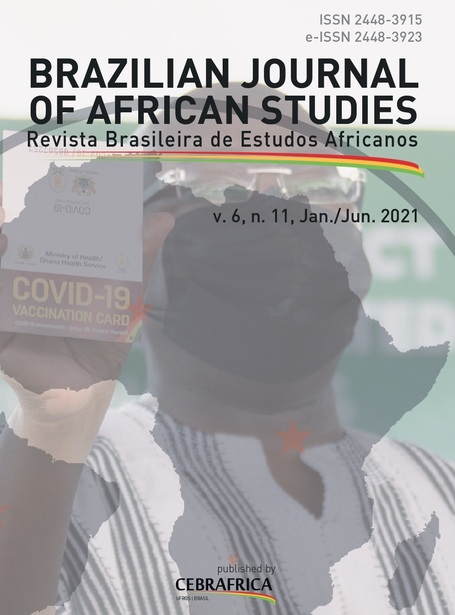DEMOCRACY IN AFRICA: THE OUTSTANDING CASE OF SOMALILAND
DOI:
https://doi.org/10.22456/2448-3923.106063Keywords:
Democracy. Somaliland. State Building. Peacebuilding. Somalia.Abstract
This paper aims to understand the processes that culminated in the political success of the self-declared Republic of Somaliland through a case study. Since its independence from Somalia in 1991, the country has gone through four electoral processes, considered fair and reliable, in addition to achieving significant stability in its territory, even without any international recognition and in adverse conditions. It was concluded that the mixture of traditional elements with western democratic prerogatives was fundamental for the construction of stability in Somaliland. Governments and governance structures that have long been present in Somali culture were used to resolve disputes when the state failed, and were later incorporated into formality in the form of Guurti, a council of elders that went on to function as a senate. Several negotiations and conferences, based on the customs of the region, took place during the 90s, uniting the different rival clans that inhabited Somaliland around an ideal of nation. Furthermore, the idea that in order to obtain recognition it would be necessary to establish a solid democracy also contributed to the country's political balance. In short, even though the nation has profound problems, such as misery, corruption and lack of recognition, it is possible to say that in Somaliland a new model of hybrid democracy has emerged so far successfully. And while attempts at peacebuilding in Africa by outside agents have failed, Somaliland is a successful example led by local actors using endogenous governance elements, which can bring lessons and teachings applicable to other cases on the continent.Downloads
Download data is not yet available.
Downloads
Published
2021-08-27
How to Cite
Penna Filho, P., & Motta, H. O. da. (2021). DEMOCRACY IN AFRICA: THE OUTSTANDING CASE OF SOMALILAND. Brazilian Journal of African Studies, 6(11). https://doi.org/10.22456/2448-3923.106063
Issue
Section
Articles
License
The author will hold copyright over the published articles and retain publishing rights.

Brazilian Journal of African Studies is licensed under a Creative Commons Atribuição 4.0 Internacional.


